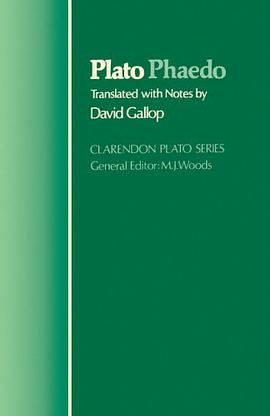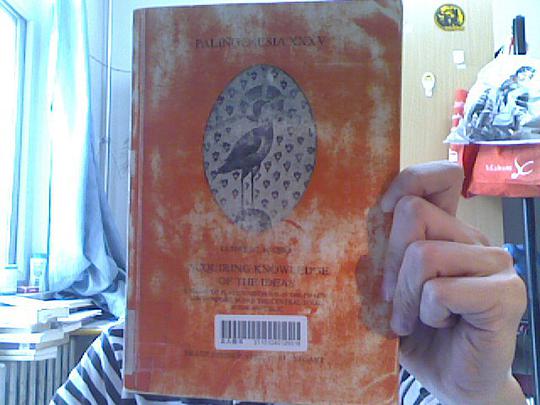“tag:斐多”
还有1个属于同一作品或可能重复的条目,点击显示。
Phaedo [图书] 豆瓣
作者:
Plato
译者:
David Gallop
Oxford University Press, USA
1977
- 3
In several of the dialogues of Plato, doubts have arisen among his interpreters as to which of the various subjects discussed in them is the main thesis. The speakers have the freedom of conversation; no severe rules of art restrict them, and sometimes we are inclined to think, with one of the dramatis personae in the Theaetetus, that the digressions have the greater interest. Yet in the most irregular of the dialogues there is also a certain natural growth or unity; the beginning is not forgotten at the end, and numerous allusions and references are interspersed, which form the loose connecting links of the whole. We must not neglect this unity, but neither must we attempt to confine the Platonic dialogue on the Procrustean bed of a single idea. (Compare Introduction to the Phaedrus.) Two tendencies seem to have beset the interpreters of Plato in this matter. First, they have endeavoured to hang the dia-logues upon one another by the slightest threads; and have thus been led to opposite and contradictory assertions respec-ting their order and sequence. The mantle of Schleiermacher has descended upon his successors, who have applied his method with the most various results.
Acquiring Knowledge of the Ideas [图书] 豆瓣
作者:
Kang Chen
/
Von Ludwig Chen
Coronet Books Inc
1992
Griechische Philosophie III [图书] 豆瓣
Hans-Georg Gadamer Gesammelte Werke Band 7
作者:
Hans-Georg Gadamer
Mohr Siebeck
1991
Die Arbeiten des Bandes 7 führen die in Band 5 und 6 vorgelegten Studien weiter. Es handelt sich fast durchweg um neuere Arbeiten aus den le tzten 15 Jahren vor Erscheinen des Bandes. Trotz der Verschiedenheit der Titel zeichnet sich in allen Arbeiten, ob über die Vorsokratiker, über Plato oder Aristoteles ein Ineinandergreifen philologischer Forschung und philosophischer Problemstellung ab.
Diese Hauptstücke eines Spätwerkes sind stets neue Illustrationen der Grundsätze der philosophischen Hermeneutik, die der Verfasser in 'Wahrheit und Methode' systematisch ausgearbeitet hat. Er gibt keine doppelte Wahrheit. Was philologisch falsch ist, sollte man nicht gelten lassen. Wo sich unser gegenwärtiges philosophisches Fragen in den Fragen und Antworten der griechischen Philosophen wiedererkennen kann, zeigen sich Wege in unsere Zukunft. Inhaltsübersicht
Diese Hauptstücke eines Spätwerkes sind stets neue Illustrationen der Grundsätze der philosophischen Hermeneutik, die der Verfasser in 'Wahrheit und Methode' systematisch ausgearbeitet hat. Er gibt keine doppelte Wahrheit. Was philologisch falsch ist, sollte man nicht gelten lassen. Wo sich unser gegenwärtiges philosophisches Fragen in den Fragen und Antworten der griechischen Philosophen wiedererkennen kann, zeigen sich Wege in unsere Zukunft. Inhaltsübersicht



